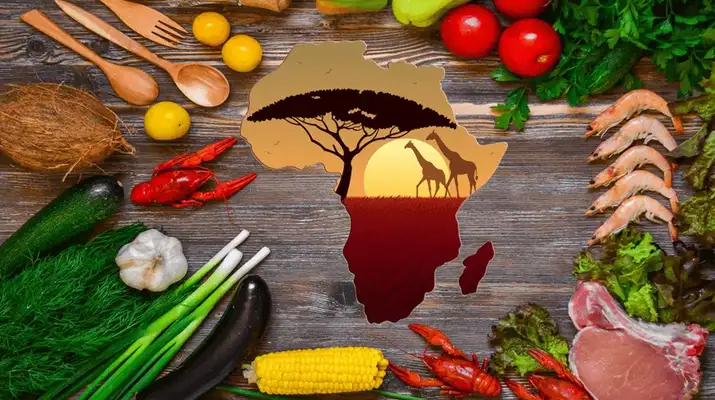
By Jad Neaime, General Manager – Kerry Africa
Food security remains one of Africa’s defining challenges and opportunities. Despite significant agricultural potential, Africa continues to face widespread undernourishment. In East Africa alone, nearly 64 million people are currently food insecure, according to the World Food Programme. Climate change, population growth, urbanization, and supply chain disruptions have only intensified the urgency for scalable, sustainable solutions.
What is increasingly clear is that the path to feeding the continent will not come solely from global imports or external models. It will emerge from within, driven by local innovation, strengthened regional value chains, and a new generation of African talent reshaping how food is grown, processed, and consumed.
In Kenya and across East Africa, food companies are reimagining the role of science and technology in tackling nutritional deficiencies and affordability challenges. Capwell Industries, for example, has launched fortified rice products enriched with essential vitamins and minerals, aiming to combat micronutrient deficiencies among vulnerable populations in Kenya. Similarly, Unga Group, one of Kenya’s oldest food companies, continues to play a pivotal role in fortifying staple foods like maize and wheat flour to enhance nutritional value. On the alternative protein front, Nairobi-based startup InsectiPro are pioneering the use of black soldier fly larvae to produce sustainable protein sources for both human consumption and animal feed, addressing both food security and environmental concerns
Reformulation is also gaining momentum. It involves redesigning foods to be healthier without compromising taste, affordability, or cultural preferences. This includes reducing sugar, salt, and saturated fats while enhancing protein and fibre content. The Ministry of Health’s push for sodium reduction in processed foods, alongside industry-led reformulation initiatives, is already shaping product development in the Kenyan market.
The government also launched the National Agroecology Strategy for Food System Transformation (2024–2033), aiming to promote sustainable agricultural practices, enhance biodiversity, and improve resilience to climate change. This strategy encourages the adoption of traditional knowledge systems and ecosystem-based approaches to agriculture, aligning with global sustainability goals.
At the same time, indigenous ingredients like sorghum, millet, baobab, and moringa are gaining renewed attention, not just as heritage crops, but as modern tools in building food resilience. These crops are more adaptable to changing climates, nutrient-rich, and ideal for developing cost-effective fortified foods that meet local needs.
Another vital piece is food preservation. East Africa loses an estimated 30–40% of its food post-harvest, largely due to inadequate storage and processing infrastructure[. New preservation technologies, including clean labels, shelf-life extension solutions and smart packaging, are helping to reduce this waste and extend the viability of nutritious foods in rural and urban markets alike.
Critically, innovation also means investing in people. Strathmore University, through its Agri-Food Innovation Centre (SAFIC), and Kerry jointly helped facilitate the convening of over 100 influential leaders from Bio Foods Products to Kentucky Fried Chicken (Kenya) at the inaugural CEO Forum, aimed at driving sustainable growth, regional collaboration, and innovation in Africa’s food and beverage sector. A key takeaway from the forum was the growing emphasis on strengthening local research and development capabilities, not only to meet current market demands but to proactively anticipate future nutritional shifts driven by urban lifestyles and demographic changes.
As part of this broader ecosystem, firms such as Kerry have responded by establishing local innovation centres and building partnerships with African manufacturers, researchers, and farmers. These efforts are designed to support the development of healthier, more sustainable products tailored to regional needs. For example, through its advanced taste modulation technologies, the organization helped reformulate a zero-sugar energy drink to deliver the same sensory appeal as full-sugar versions, demonstrating how science-led innovation can meet changing consumer preferences without compromising on taste or health goals. Such innovations are key to shaping a food system that is resilient, inclusive, and future-ready.
Africa can feed itself and the world. But it will take more than technology. It will demand bold collaboration, more substantial investment in homegrown talent, and a greater commitment to science-led, locally relevant innovation.
Now is the time for governments, industry leaders, development partners, and innovators to come together to accelerate the transformation, to have one innovation, one partnership, and one meal at a time.







